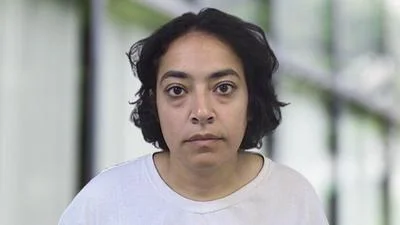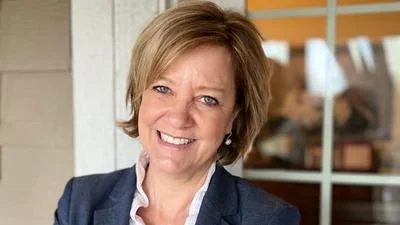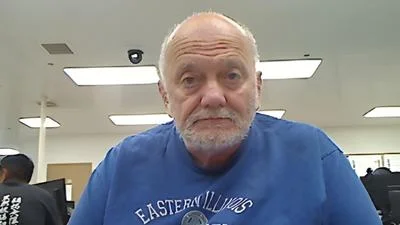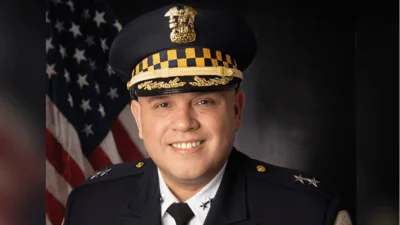During Illinois’ colossal pension crisis, Democrats proposed to carve out money for the Chicago Police Benefit Fund for work performed a decade ago.
HB5177, sponsored by Rep. Kelly Burke (D-Evergreen Park), amends the Illinois Pension Code to allow for 17 police officers to receive a hearing to reconsider service credit for investigative work they performed before 2008.
“Again, it does not guarantee any benefit,” Burke said at the April 26 House floor debate.

Bringing up that point over and over during the heated debate, Burke reminded Reps. Jeanne Ives (R-Wheaton), Grant Wehrli (R-Naperville) and Peter Breen (R-Lombard) that her bill only allowed for a hearing.
That didn’t matter to the Republican lawmakers, who requested the matter be moved to standard debate to adamantly reject the bill.
Just the thought of shelling out more money disturbed Ives.
“I would like to highlight at this time the critical crisis we have that concerns the police pension fund in Chicago,” Ives said. "Currently they stand at 23 percent funded if you believe that."
In 2016, the actuarial would have been an 81 percent cost against the salary for police officers, according to Ives, who said that is an enormous tax on Chicago residents.
“It’s actually unaffordable,” Ives said.
The bill is just one of many examples over the past few years that permit pension carve-outs for employees who want to move from one plan to another.
“What you see here is the need for massive pension reform, not just at the state level, but really at the local level,” Ives said.
The focus should not be on these 17 officers, according to Ives.
“Our pension problems ... are literally bankrupting local governments,” Ives said.
Using Danville as an example of destroying pension debt, Ives said the town has seen a 112 percent increase in the cost of the local pension plans.
“They have no idea how they are going to pay back the $105 million in debt they have accumulated, and Chicago is far worse off,” Ives said.
Why should the board go back as far as 2008 to possibly reimburse the officers, Breen asked.
Burke explained a court decision deemed the credit should be recognized; however, a subset of officers was denied a rehearing based on a statute. Her bill would change that.
“Your bill is forcing the board to reconsider an application for service,” Breen said.
The City of Chicago and the Illinois Municipal League (IML) oppose the bill, Breen said. Burke said she was told the city meant to slip in no position, but the IML does reject the legislation, prompting Breen to ask why.
“It’s pension enhancement and going back to reopen closed cases, is that the nature of their opposition,” Breen asked.
Unsure, Burke said she never conversed with the IML. Lastly, Breen wanted a figure out what it would cost to reimburse the officers, and again, Burke had no answer.
Although the bill states there would be no fiscal impact to the state, Wehrli wanted to know what the annuitants would be provided. Burke said she reasons the officers would not be vested in any other pension funds.
“We think that or we know that,” Wehrli asked.
Concerned over whether the officers would be receiving the compounded 3 percent cost of living adjustment, Wehrli wanted a more definite answer from Burke, who said the officers were only seeking service credit.
HB5177 passed the chamber 77-30.






 Alerts Sign-up
Alerts Sign-up